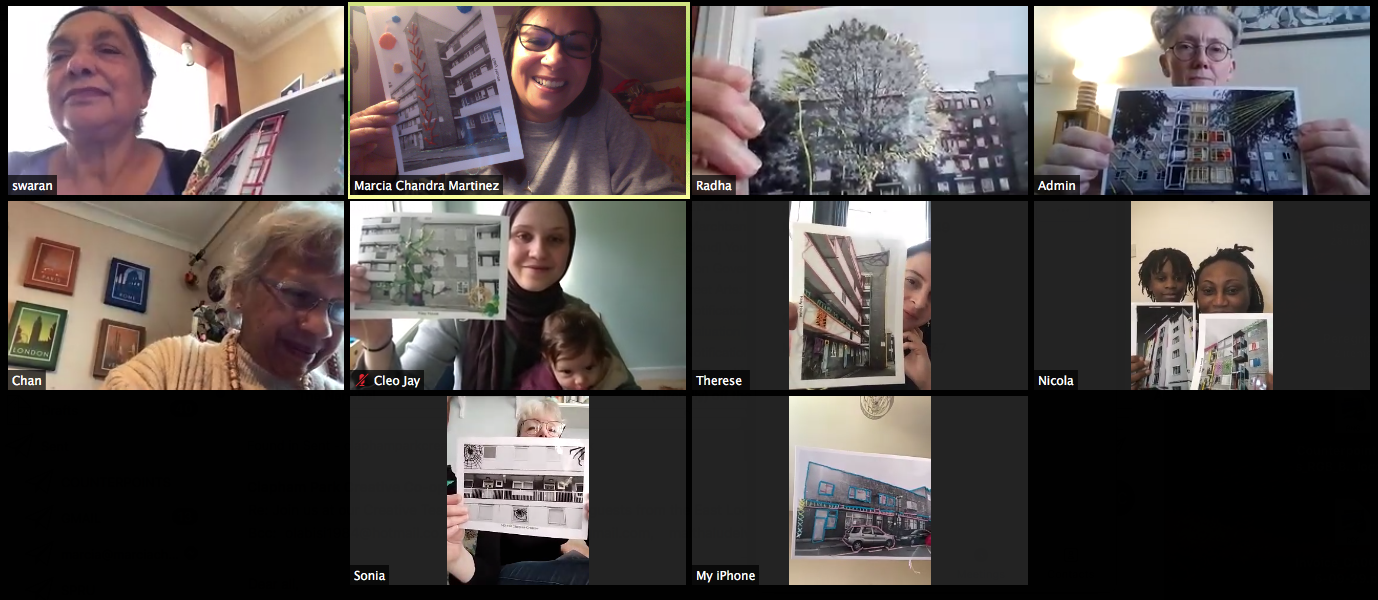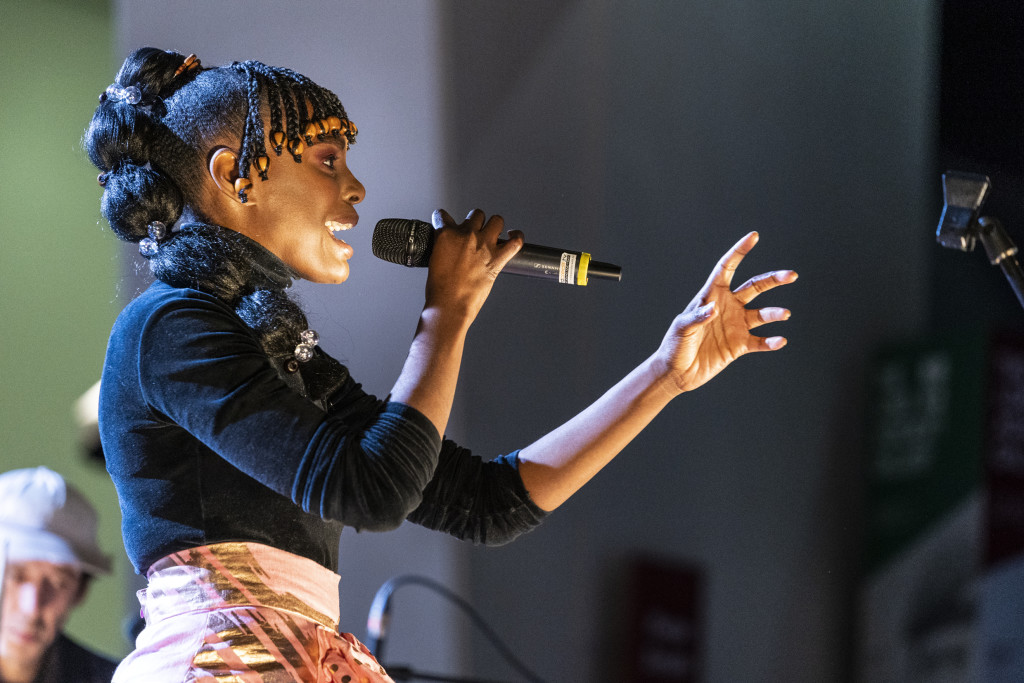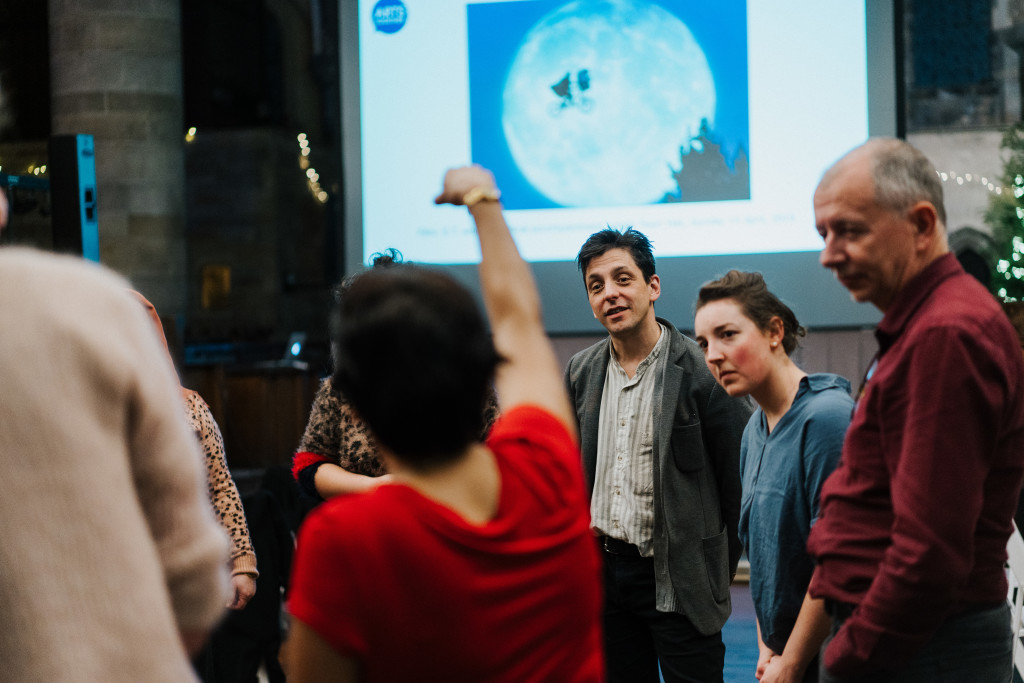Over 120 of us came together on 11 February for a workshop on running effective and inclusive events in the age of Covid, part of the Refugee Week Slow Conference.
We heard from three diverse projects about how they have adapted to the ‘new normal’, meeting challenges but also developing new ways of working and connecting that will outlive the current circumstances:
Marcia Chandra from Counterpoints Arts shared how the Clapham Park Creative Coop is using phone calls, remote – but collective – creative projects and interventions in shared public space to engage existing and new members of the project.
www.claphamparkcreative.org
Twitter: @claphamparkcoop
Instagram: @claphamparkcreative
Facebook: ClaphamParkCreative
Eleanor Head from Imperial War Museum shared how working with a media partner, recruiting a dynamic host and adopting a ‘less and better’ approach brought their ‘Refugee Nights’ programme over 10K views.
www.iwm.org.uk/events/refugee-nights
Twitter: @I_W_M
Instagram: @imperialwarmuseums
Facebook: iwm.london
Kezieh Berelson and Anne Collins from Mafwa Theatre shared how their ‘Cooking with Parveen’ project, which resulted in a podcast, film and recipe book, deepened their relationship with members and led them to work towards a more horizontal structure. Mafwa Theatre states “we refuse to make art with people who are hungry”, providing food vouchers, travel tickets and digital training workshops to help enable participation.
www.mafwatheatre.co.uk/previous-projects/cooking-with-parveen
Twitter: @mafwatheatre
Instagram: @mafwatheatre
Facebook: mafwatheatre
Tips and Food for Thought:
- Prepare to invest time and resources in engaging participants remotely. Phone calls, home deliveries etc take time
- Start with how you can reach most isolated people and build from there
- Make something together. Collective work has meaning and builds connection
- Make your programme adaptable, so you can switch some or all of it to face to face when it’s safe to do so
- Consider keeping online content short and varied. Aim for less content and more shares
- If you have a budget, paid marketing improves reach on social media
- A personable and authentic host makes a big difference
- Take advantage of fact you can go international with speakers, performers etc
- Engage strategic partners, e.g. charities who can help with contacts, links to speakers and footage
- People without internet access can phone into Zoom
- Think about the best platform for achieving your goals. What kind of audience do you want, and what kind of engagement? (e.g. on YouTube you can do a premier rather than a livestream: people have feeling of watching something together and can ask questions live, but it doesn’t have the pressure of presenting/ performing live)


